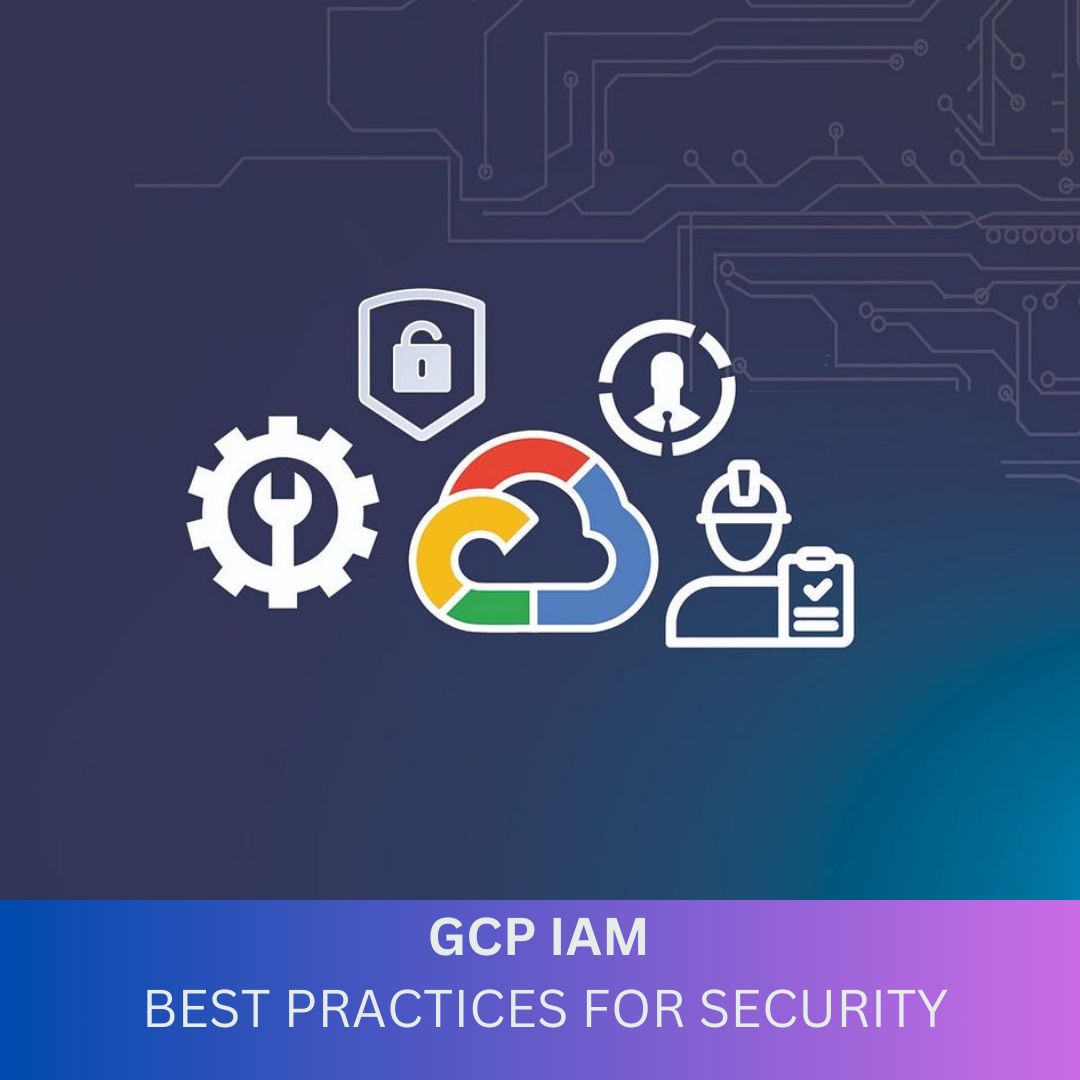
Securing your GCP environment with best practices for IAM and network security. As organizations increasingly migrate their infrastructure to the cloud, securing Google Cloud Platform (GCP) environments has become a top priority. Two critical aspects of GCP security are Identity and Access Management (IAM) and network security. By implementing best practices in these areas, businesses can safeguard their cloud resources from unauthorized access, data breaches, and cyber threats.
One of the fundamental principles of IAM security is granting users and services only the permissions they absolutely need. To enforce this:
Owner and Editor unless absolutely necessary.GCP offers predefined and custom roles that provide granular permissions. Instead of using primitive roles (Owner, Editor, Viewer), leverage:
Enhancing account security with MFA adds an extra layer of protection beyond just passwords. Enforce MFA for:
Service accounts are used for applications and services to authenticate within GCP. To secure them:
To maintain a secure IAM configuration:
To enhance security, segment your network using Virtual Private Cloud (VPC) and set strict firewall rules:
For services running on a private network, use Private Google Access to securely access Google APIs and services without exposing resources to the public internet.
To mitigate Distributed Denial of Service (DDoS) attacks:
If your organization connects on-premises infrastructure with GCP:
To prevent unauthorized data exfiltration:
Also Read – How Google Workspace Enhances Data Security for Modern Businesses
Ensure continuous monitoring and logging:
By following these IAM and network security best practices, organizations can significantly enhance the security posture of their GCP environment. Implementing the principle of least privilege, enforcing strong authentication, segmenting networks, and actively monitoring security logs will ensure your cloud infrastructure remains resilient against potential cyber threats. Stay proactive in securing your GCP resources and continuously review security policies to adapt to evolving threats.
For expert guidance on securing your cloud environment, contact Amyntas, your trusted cloud solutions partner. Read public opinion on Amyntas Media Works Linkedin